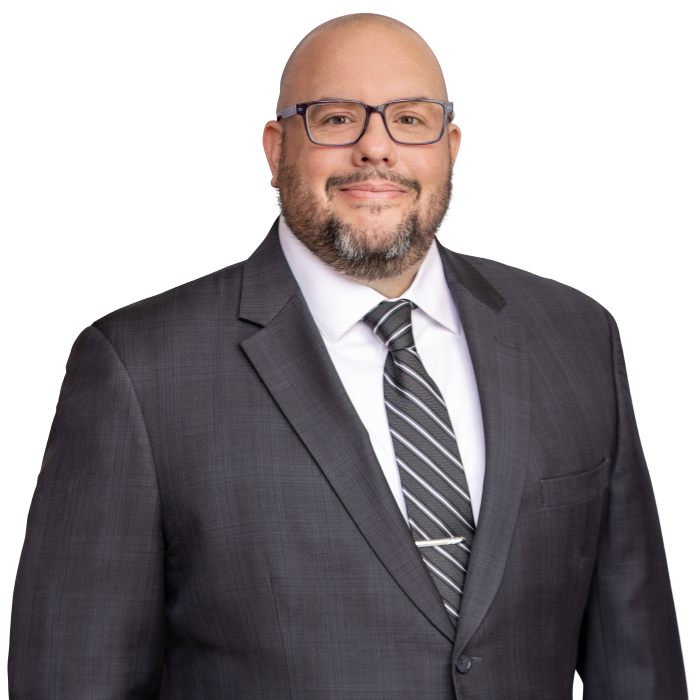
Court of Appeal Limits Increases to Grandfathered Assessment
Adjustment to assessment in accordance with methodology established before Proposition 218 triggers majority protest and balloting procedures.
On August 28, 2025, the California Court of Appeal in Thacker v. City of Fairfield held that adjusting an assessment in accordance with a range established prior to Proposition 218 qualifies as an “increase” under Proposition 218, requiring a majority protest and balloting proceeding. Accordingly, assessments grandfathered in before Proposition 218 may only continue at the rate in effect when Proposition 218 was adopted in 1996; otherwise, the levying agency must comply with Proposition 218.
A. The City of Fairfield’s Assessments
In 1988, the City of Fairfield created the Rolling Hills Maintenance District. When Proposition 218 took effect eight years later, the District’s residential assessment was $196.23 per lot. The methodology in place at the time allowed annual adjustments based on budgeted needs within a specified range. By Fiscal Year 2022–23, the assessment had risen to $300 per lot, which was within the pre-approved range. A residential property owner challenged the assessment, arguing that post-1996 increases violated Proposition 218.
B. The Court of Appeal Interprets “Increase” to Exclude Adjustments to Certain Grandfathered Assessments
Following Proposition 218, the Legislature enacted the Proposition 218 Omnibus Implementation Act, which defines an “increase” to include any agency action raising the applicable rate or revising the methodology in a way that results in a higher assessment. If the rate increases, Proposition 218’s procedural requirements are triggered. The Act provides a safe harbor for certain taxes, fees, and charges that adjust according to pre-adopted schedules (such as inflationary adjustments), but it does not identify assessments in the safe harbor language.
The City argued its assessment increases were authorized because they were within the range established prior to Proposition 218 taking effect. The Court of Appeal rejected this argument, holding that the Legislature’s exclusion of the term assessment was deliberate and means that grandfathered assessments cannot increase in accordance with a pre-approved range or formula without compliance with Proposition 218’s majority protest and balloting procedures. Because Fairfield’s $300 assessment exceeded the $196.23 rate in effect in November 1996, and the City had not conducted the required proceedings, the Court found the increased assessment violated Proposition 218.
C. What Comes Next?
Agencies with pre-Proposition 218 assessments should carefully review this decision with legal counsel to evaluate:
- Whether assessments are truly grandfathered.
- Whether post-1996 actions trigger Proposition 218.
- The government revenues that are at risk.
For questions on how this decision may impact your agency or for more information, please contact Lutfi Kharuf, Dean Atyia, or Richard Wall.
Disclaimer: BBK Legal Alerts are not intended as legal advice. Additional facts, facts specific to your situation, or future developments may affect subjects contained herein. Seek the advice of an attorney before acting or relying upon any information herein.





